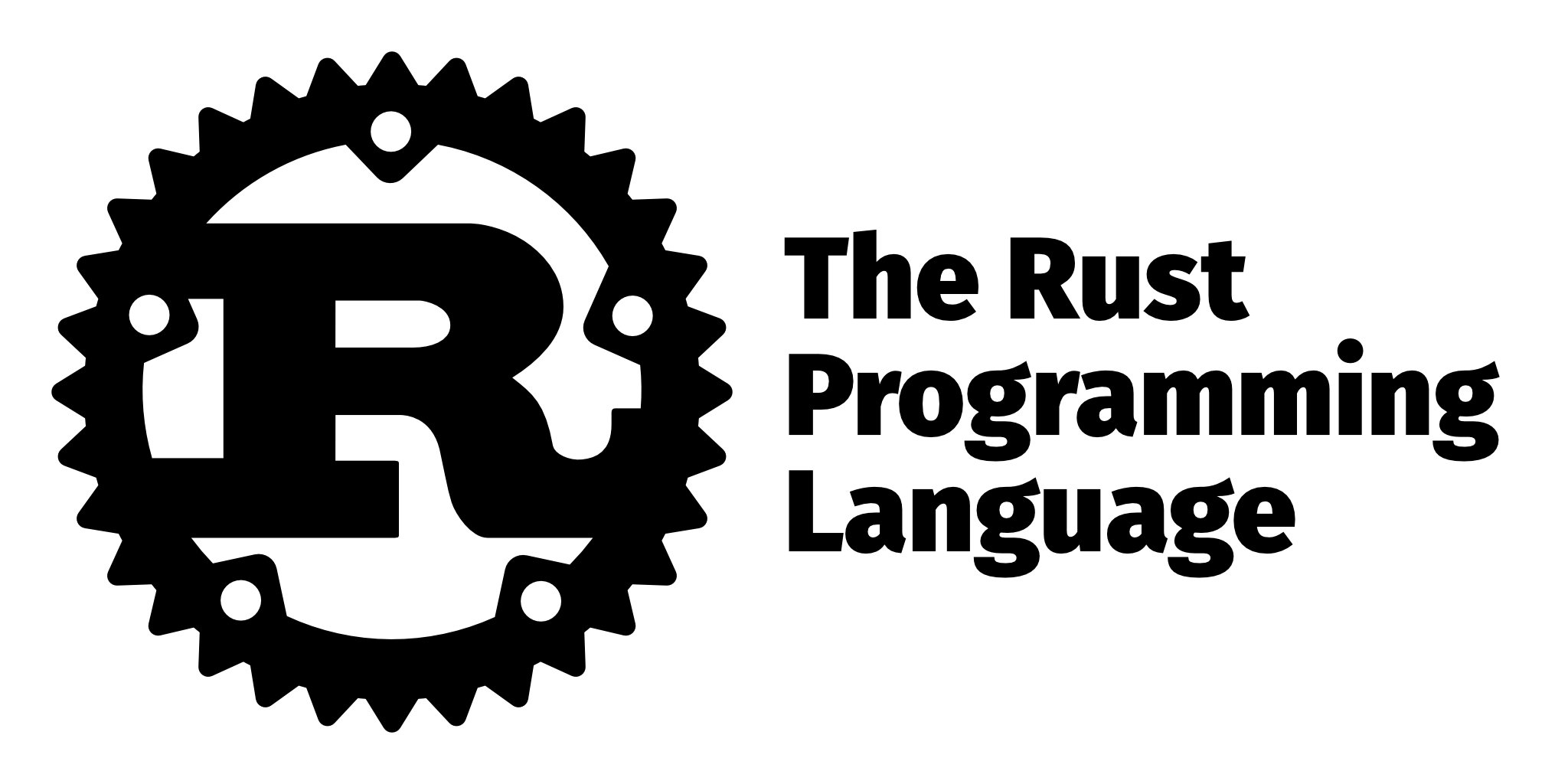Debug builds link in <.4 seconds.
With such a small program I expected fixed costs to dominate. Not surprising there is no or almost no difference. You really have to go to cases where linking takes 10s of seconds to see scaling difference, even between ld.bfd and ld.gold.
I did those sort of measurements for my work at the time (a few years ago, before mold was a thing). I have not had the cause or opportunity to measure lld or mold however. Maybe it isn’t faster than lld (certainly it seems so for small projects), but I don’t think these result say anything useful about larger programs.
The best option is not to take the word of others (myself included) however, but measure on your own application and see which is the best option in your case.
If you however do want to measure linking something big, look at something like Chromium. That isn’t rust code though. Not sure what a suitably large rust project would be.






I saw some other crate doing something similar but using wasm, the idea is to sandbox the binary used as a proc macro. So that seems a bit better. Can’t see to find it any more.
EDIT: Found it https://lib.rs/crates/watt